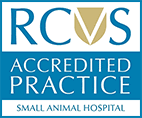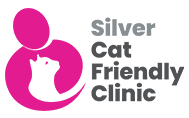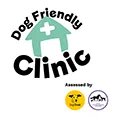Spring brings with it newly hatched fledglings, who we often end up seeing here at Brentknoll Vets... but when should you intervene and when should you leave them alone?
Many of us see young birds in our gardens or out on walks and we worry if it's OK and whether it should be there. In fact it's very common to find young birds sitting on the ground or hopping about without their parents, during the Spring and Summer months.
Many breeds of birds will fledge from the nest before they are able to fly, they will spend a few days on the ground whilst their flight feathers fully develop; so it's perfectly normal for youngsters to explore their surroundings and they are doing exactly what nature intended. Many are mistakenly picked up by well-meaning humans, before they have the chance to return to their nests and familiar surroundings.
Should I pick up a baby bird?
If you pick up a baby bird and take it away from familiar surroundings, the likely hood that it's parents will take it back is very slim and in most cases the baby will be abandoned by its parents, this is often a death sentence for youngsters.
So don't panic and rush into picking it up!
Just because you can't see the parents, doesn't mean they aren't close by or keeping an eye on their fledgling. Adult birds with youngsters to feed, will usually be busy collecting food nearby so they will return shortly and will take care of their baby. Too much human interference could frighten them away so it's best to trust the in the care of their own parents.
What if the bird appears injured?
Removing a baby bird from where you found it should be the very last resort, and then only should be done if it's a nestling (no/few feathers and immobile) or if it is injured or if it is in immediate risk of being killed (i.e on a main road, in water or predator close by etc).
Remember... just because it can't fly doesn't mean it's injured, it may be waiting for it's flight feathers to fully form.
If you see lacerations or signs of blood on the bird, this would be a good time to intervene. Our veterinary surgeons will be able to check the bird over for injuries and assess it's chance of survival, however sometimes the kindest thing to do is to humanely euthanise a seriously injured bird if it won't survive in the wild.
Once assessed, if fit enough you will need to take the bird to a local wildlife rehabilitation centre, like Vale animal hospital where it will be released once well enough.








